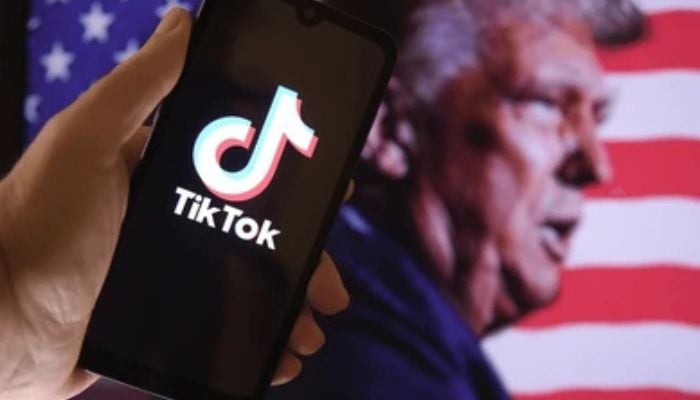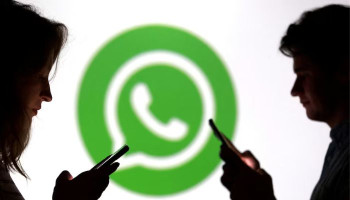
United States (US) President Donald Trump has signed an executive order delaying TikTok ban, extending the deadline until December 16, 2025, as part of ongoing efforts to restructure the app's ownership.
Notably, this is the fourth delay in a law intended to compel the app's Chinese owner, ByteDance, to sell it. According to reports, the US and China have reached a preliminary agreement, which could permit TikTok to continue operating in the US under US supervision.
According to the agreement, a group of American investors, including Oracle, is highly anticipated to take ownership of TikTok's US operations.
A redesigned content-recommendation algorithm would be used to switch US users to a new app. The plan has been discussed by US and Chinese teams, and the two nations have agreed on commercial terms, according to Treasury Secretary Scott Bessent.
On Friday, Trump and Chinese President Xi Jinping are scheduled to talk about the agreement. The deal seeks to maintain TikTok's appeal among 170 million American users while addressing national security issues.
Citing difficulties in the negotiating process, experts are doubtful that the deal will be completed on time.
According to Cyber Law Firm founder Star Kashman, TikTok negotiations have repeatedly shifted and stalled, and outside issues could put the deal in jeopardy once more.
Wichita State University professor of management Usha Haley stated: "Any agreement would be scrutinised by Congress and might establish a precedent for future foreign-based apps that operate in the US."
The Trump administration is expected to demand independent oversight, US-based storage of TikTok data, and protection from Chinese political and legal pressures.
However, the Chinese government are reportedly planning to preserve cultural influence and defend its tech champion.
China may still be able to keep control of TikTok by keeping "secret doors and trapdoors open for intervention in the future, if needed," according to Haley.
















